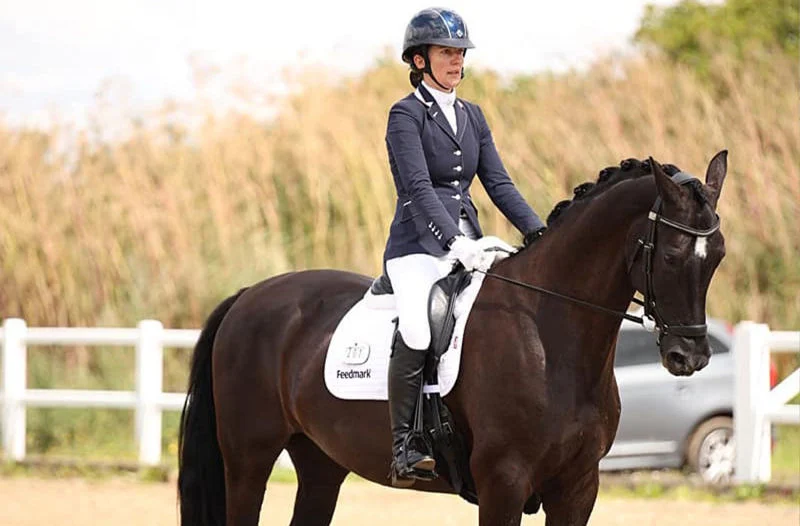
One question we often get asked is if our products are permitted in competition. In this article we answer the question and take a look at the prohibited substances and how we can reduce the risk of our horses consuming them.

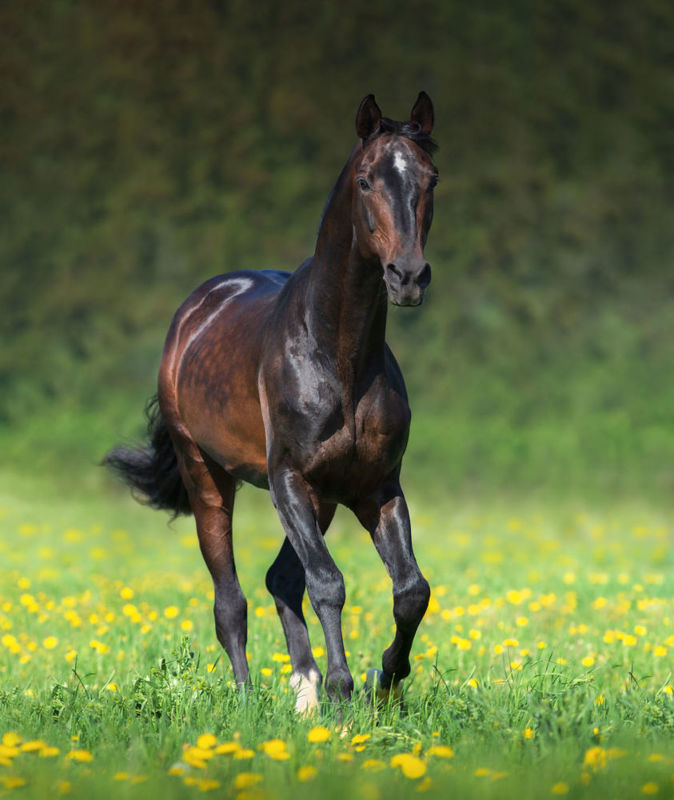
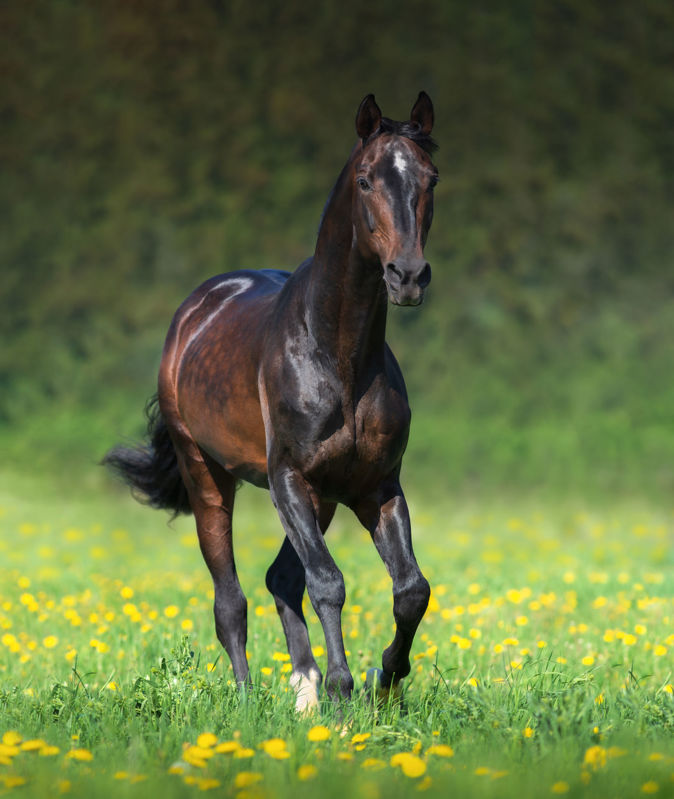
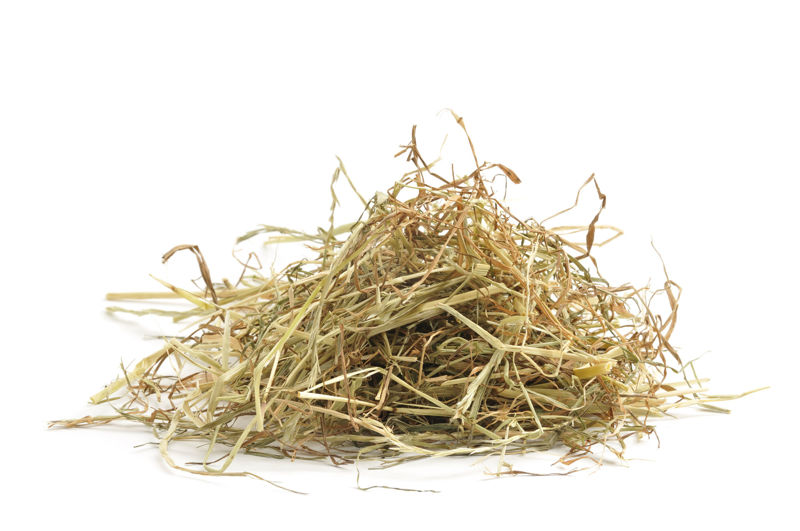
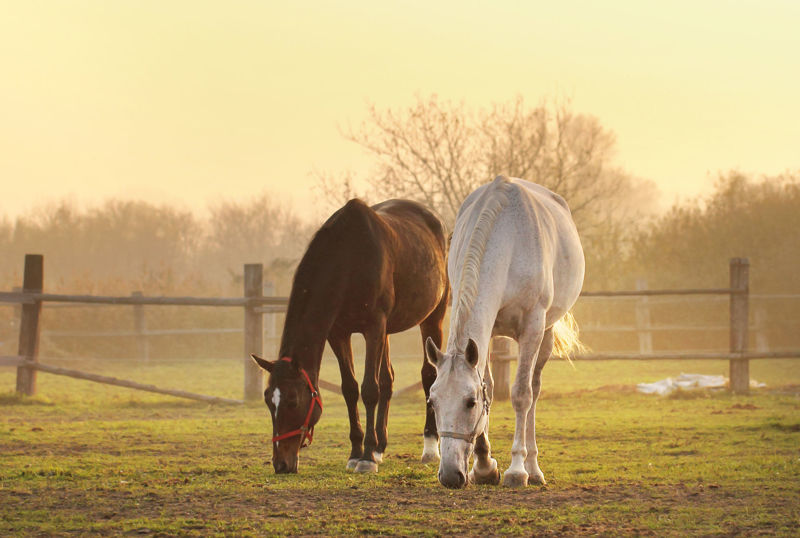
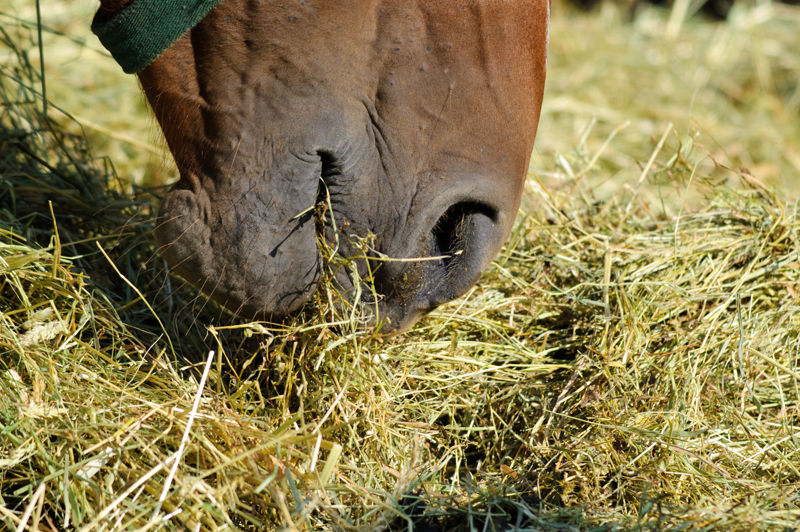
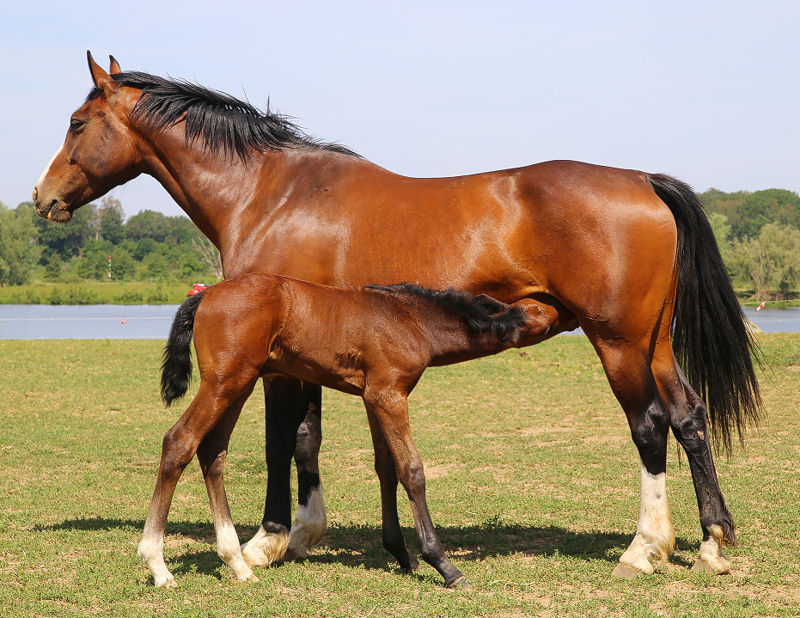

What is Equine Asthma? Dr Wood discusses the new terminology used for respiratory issues and explains how to optimise the function and health of your horse’s respiratory system. Read on to support clear breathing and optimal comfort…

The equine digestive system is complex. Our Senior Nutritionist, Abbie, looks deeper into the different parts of this system and explains how it functions to allow our horses to digest feed...
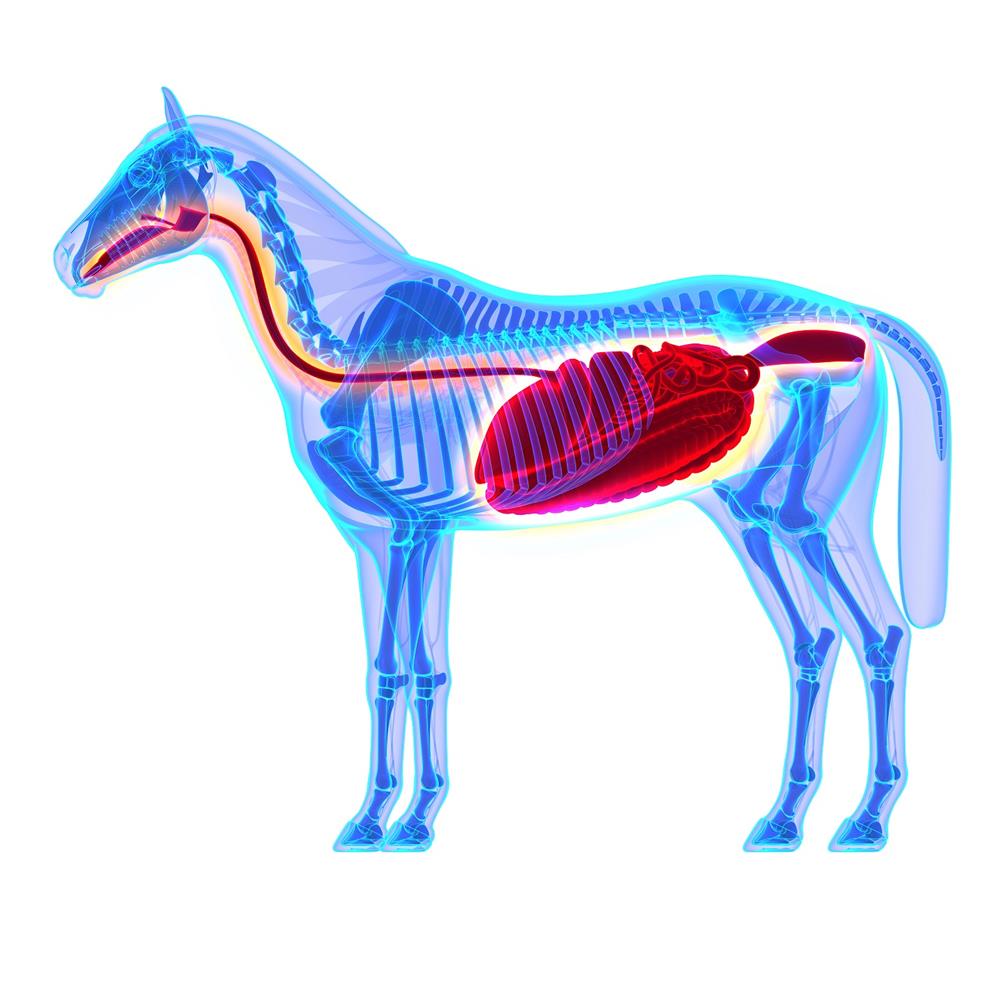
As your horse’s routine changes with the seasons, are you making adjustments to their diet?
Our Nutritionist warns of important steps to take to ensure your horse’s safety, and gives an easy guide on how to introduce new feeds gradually.